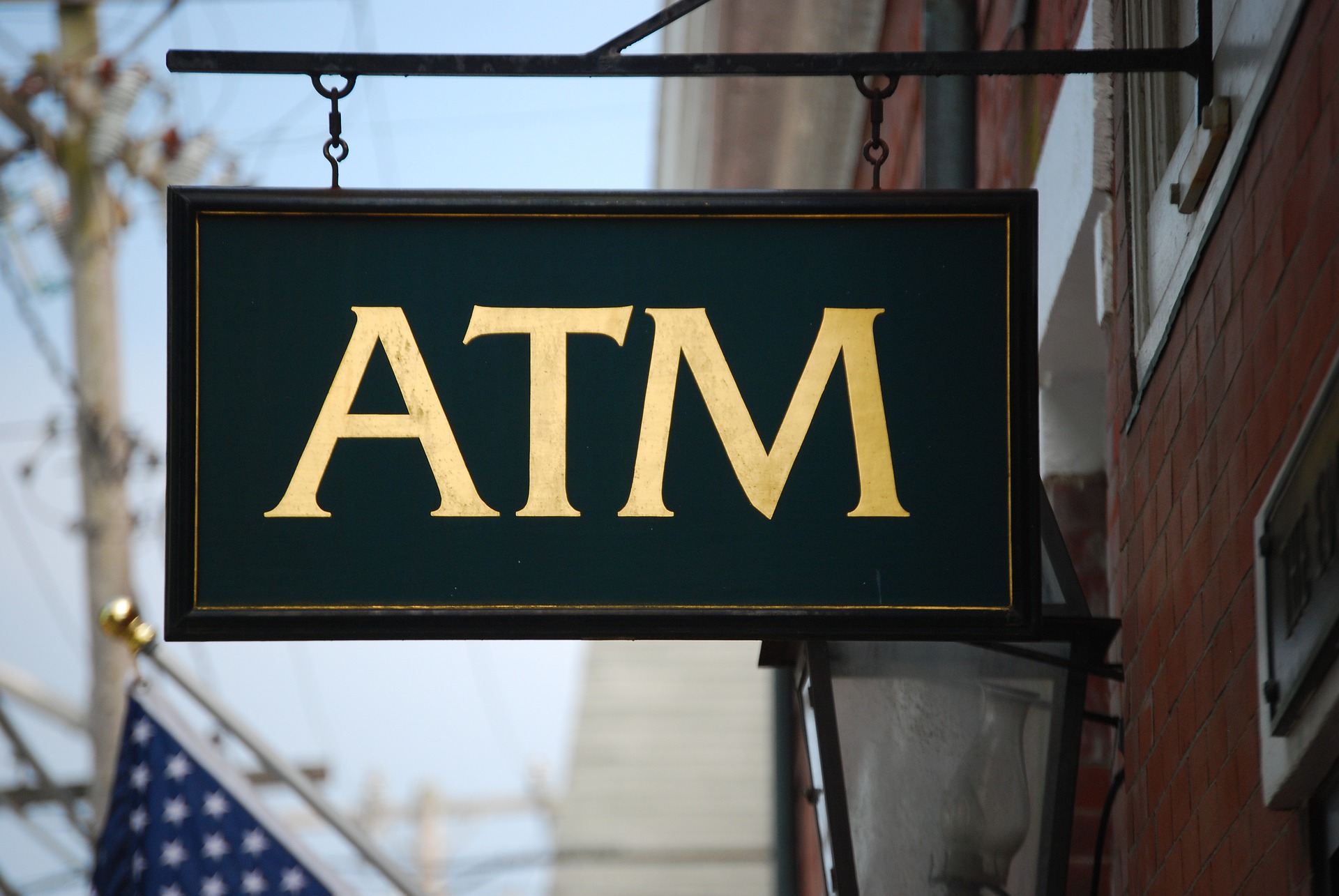Crypto ATMs (also known as BTMs) have returned to Japan following a long break of 4 years. Gaia Co., Ltd, a native crypto exchange, declared on 2nd August to shortly launch crypto ATMs that are compatible with Bitcoin (BTC), Litecoin (LTC), Bitcoin Cash (BCH), and Ethereum (ETH).
Gaia Co., Ltd to Install up to 130 BTMs across Japan
Even though BTC ATMs have made their entrance in Tokyo in 2014, Japan has not witnessed any enthusiastic ATMs for digital assets since 2018’s crypto winter when Coincheck (a native exchange) was exploited for $530M, causing a downfall in the local crypto sector as well as decreasing the interest in BTMs. Firstly, the installation of the crypto ATMs will be carried out in several locations throughout Osaka and Tokyo, however, the platform has a strategy to organize nearly 50 ATMs within the country during the upcoming 12 months.
The venue stated that it expects the number of installed crypto ATMs to be 130 during the coming 3 years. The consumers will be permitted by the BTMs to redeem a maximum amount of up to $747 (100,000 yen) in one transaction. The per-day withdrawal capacity would be $2,243 (nearly 300,000 yen). The restricted withdrawal standards have been implemented to enhance compliance and anti-money laundering measures.
Japanese Government again Interested in Assisting Crypto Market
As per a report published by Mainichi Shimbun (a native media outlet) on 3rd August, the step taken by Gaia counts as the initial instance where a locally-registered cryptocurrency firm has installed BTMs in the jurisdiction of Japan. The customers who intend to withdraw funds from crypto ATMs require getting registered with the firm to receive an exclusive card giving them permission for that.
After having authorization, the clients can transfer their crypto funds to the crypto ATM through a smartphone as well as take out cash in yen. With the BTMs, the present withdrawal process will become more rapid within the country as some days were usually consumed in wire transfers to a native bank account, as noted by the Japanese media outlet.
The exploit of Coincheck, as well as another crypto exchange Mt.Gox’s hack of $500M in 2014 eventually led to a hands-off approach taken by the country’s authorities making Japan Virtual Currency Exchange Association (JVCEA) responsible for the oversight. Nonetheless, it seems that renewal is being witnessed in the authorities’ interest in assisting the market to get back to its place.
